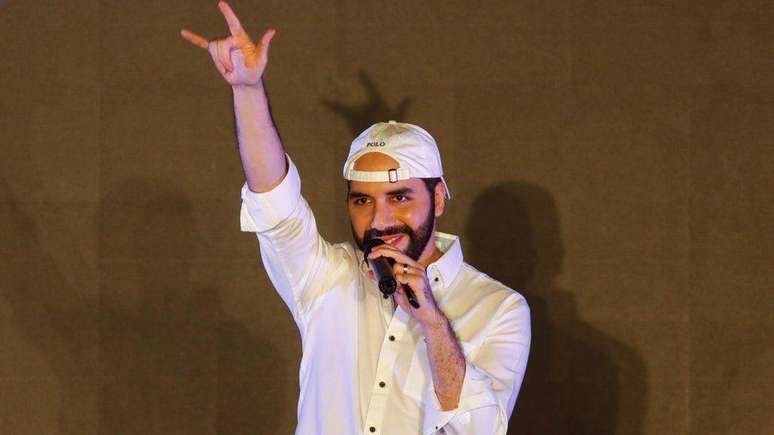El Salvador’s empowered president, Nayib Bukele, celebrated on social media the alleged economic benefits El Salvador gained from purchasing bitcoin. But… what happened to your government’s commitment to digital currency?
The authorized president of El Salvador, Nayib Bukele, this week celebrated the rise in the price of bitcoin.
Bukele’s government began acquiring cryptocurrency with public resources in 2021, so the recent rise in the value of bitcoin was cause for celebration.
“With the current market value of bitcoin, if we sold our bitcoin, we would not only recover 100% of our investment, but also make a profit of $3,620,277,” Bukele wrote on the social network Twitter).
“El Salvador’s Bitcoin Investments Are in Profit!” he added.
However, economists inside and outside the country assure us that it is too early to celebrate a high-risk bet like this.
Bukele resigned from the presidency a few days ago to focus on campaigning to secure a second term in the 2024 presidential election, a likely scenario given his high level of popularity among Salvadorans.
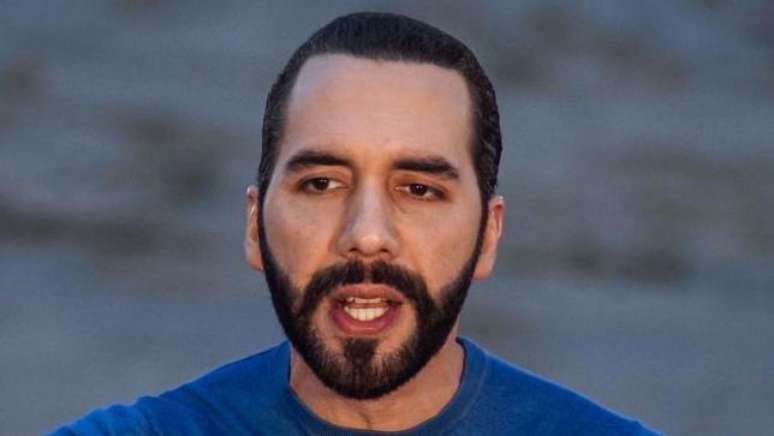
“They ridiculed our alleged losses”
According to a website that tracks El Salvador’s bitcoin wallet based on ads Bukele makes on social media, the 2,764 digital currencies El Salvador has purchased in recent years have reached a value higher than what it paid for them.
Bukele published on X the photo of the graph published by the page showing the alleged profit obtained.
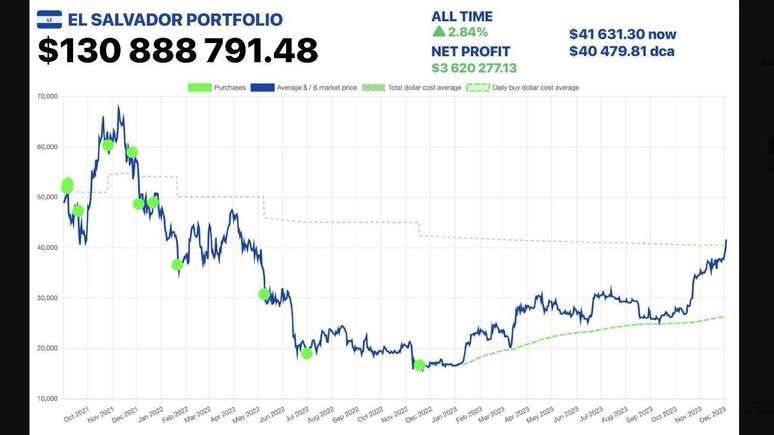
Thousands of articles were published that “ridiculed our alleged losses,” the president wrote.
“It is important that detractors and authors of these critical articles retract their statements,” Bukele said.
The post received praise from bitcoin enthusiasts, who defended the potential of digital currencies.
“Intense red”
A persistent decline in the value of bitcoin since mid-2022 has made El Salvador’s cryptocurrency reserves worth half the price the government paid for them.
In the last week, however, the price of bitcoin has risen to $44,000, the highest in the last year and a half.
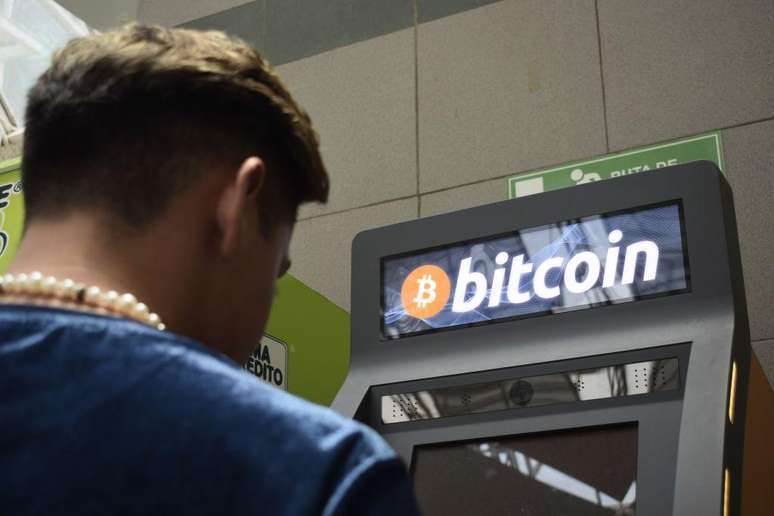
However, some economists believe that the situation is not as positive as Bukele presents it.
And the more than $100 million spent by Bukele’s government on the purchase of the cryptocurrency is just part of the public resources used to promote the use of bitcoin in the country since it was adopted as legal tender in November 2021.
“The government spent a lot of money developing the Chivo Wallet application, installing ATMs, most of which don’t work, a 30 dollar bonus given to all citizens over 18, on advertising and international events,” says Óscar Picardo, director of the Institute of Sciences of the Francisco Gavidia University of El Salvador.
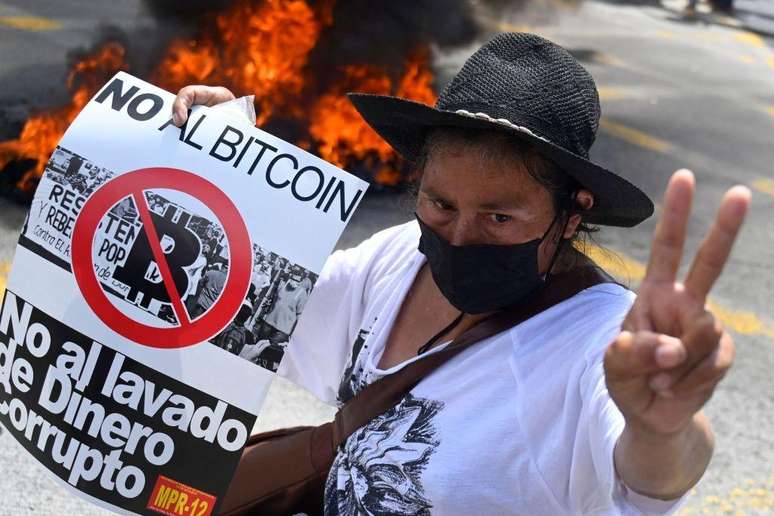
“When you add up all the expenses, the result cannot be positive. The result is red, and strong red.”
In June, a BBC documentary on bitcoin adoption in El Salvador showed that most of the population used the digital currency less than Bukele and other enthusiasts expected, despite strong government encouragement.
“Bukele’s victorious tone regarding the rise in the price of bitcoin is completely illusory,” said Salvadoran economist Tatiana Marroquín.
“The economic cost of the Bitcoin project is not worth it.”
Marroquín said millions of dollars of public money have been spent on campaigns aimed at convincing the population to adopt the digital currency.
“It’s a total failure,” he said. “Almost no one in El Salvador uses bitcoin. It doesn’t even seem to be an attraction in tourism.”
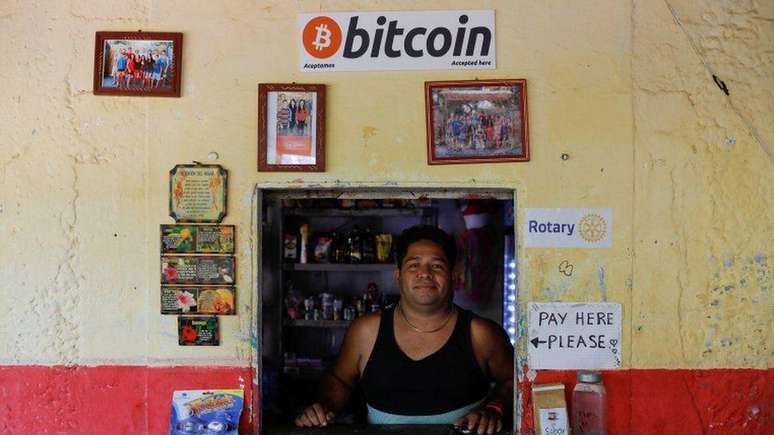
Lourdes Molina, economist at the Central American Institute of Fiscal Studies (ICEFI), guarantees that “in a context of extreme poverty and food insecurity that continues to increase, allocating public resources to this speculation has a social cost”.
“These public funds could have been used to guarantee the fundamental rights of the Salvadoran population, such as the right to access food or a decent income.”
Economists consulted by BBC Mundo highlight the lack of transparency.
“There is no official information other than President Bukele’s tweets,” says Frank Muci, a researcher at the London School of Economics and Political Science (LSE).

Some bitcoin enthusiasts also criticize the lack of public information.
“It’s really a shame that they don’t formally disclose bitcoin accounting,” said cryptocurrency investor Pledditor on the X social network.
Bukele’s government did not respond to requests for comment from the BBC.
Bitcoin Standard author Saifedean Ammous, who was reportedly appointed as the Bukele government’s bitcoin economic advisor in May, did not respond to questions about the lack of transparency, but said the rise in the value of Salvadoran cryptocurrency reserves is was cause for celebration. .
“It is significant that bitcoin and El Salvador’s investments have recovered after two years under water, because politicians, economists and international organizations have repeatedly called Bukele and his bitcoin policy a failure because the price had fallen,” he said .
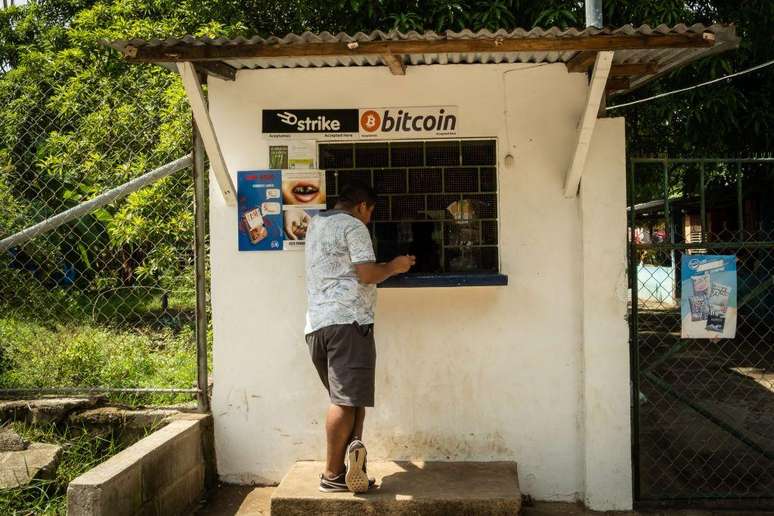
“It is also common to dismiss El Salvador’s bitcoin strategy based on short-term concerns about adoption in consumer payments, but this ignores the bigger picture,” Ammous added.
“Far more important than payments made by consumers is the role bitcoin can play in El Salvador’s economic independence and treasury, where it offers a reserve asset that increases in value over time and has a large and global liquidity pool. growing.
Bukele has repeatedly criticized institutions such as the International Monetary Fund (IMF), which has warned him about the risk that cryptocurrency poses to El Salvador, noting that it would be difficult to obtain a loan from the institution.
In a post this week on Network
Source: Terra
Rose James is a Gossipify movie and series reviewer known for her in-depth analysis and unique perspective on the latest releases. With a background in film studies, she provides engaging and informative reviews, and keeps readers up to date with industry trends and emerging talents.

